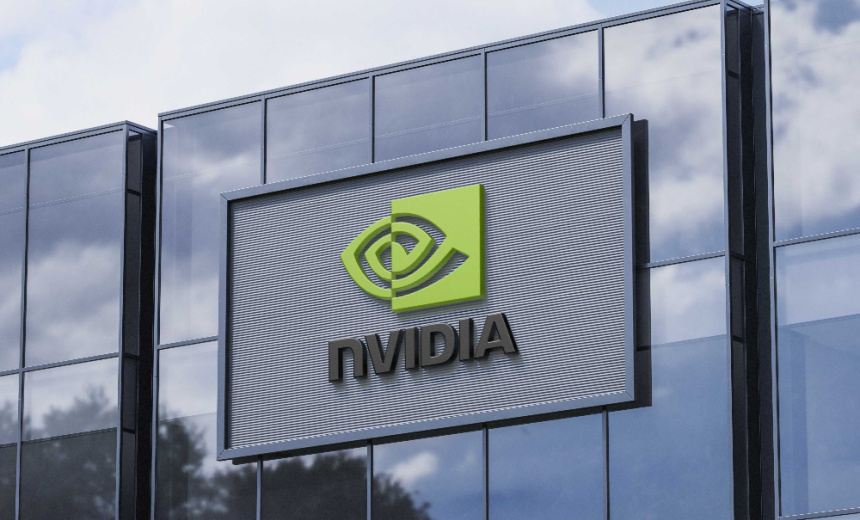Artificial Intelligence & Machine Learning
,
Legislation
,
Next-Generation Technologies & Secure Development
Chipmaker Argues Against Growing Interest in US to Require New Security Measures

Artificial intelligence chip-making powerhouse Nvidia is rejecting claims from China’s top cyber agency that its H20 chips include location tracking and kill-switch features – while warning U.S. lawmakers against requiring those capabilities in future chip designs.
See Also: OnDemand | Fireside Chat: Staying Secure and Compliant Alongside AI Innovation
Nvidia Chief Security Officer David Reber wrote Tuesday that the company’s GPUs “do not and should not have kill-switches and backdoors.” The post came days after China’s Cyberspace Administration summoned Nvidia over security concerns tied to its H20 artificial intelligence chip.
Chinese state media reported that Nvidia was ordered to explain and provide evidence addressing allegations that its AI chips “pose serious security risks.” Some U.S. lawmakers are pushing for export-compliant chips to include tracking and positioning features. Sen. Tom Cotton, R-Ark., is urging his colleagues to support the Chip Security Act, legislation introduced in May that would require chips to be outfitted with “location verification” technology. The bill is backed by two Democrats, Margaret Hassan of New Hampshire and Brian Schatz of Hawaii, as well as another Republican.
Nvidia pushed back, with Reber arguing that remote-disable controls without user knowledge or consent “would be a gift to hackers and hostile actors.” He wrote that hardware integrity “should be nonpartisan and nonnegotiable,” warning that backdoor capabilities could erode global trust in U.S. technology and hand critical exploits to foreign adversaries.
The company also pointed to the Clipper Chip debacle of the early 1990s, a chipset developed by the National Security Agency that gave the agency backdoor access into encrypted communications. The initiative backfired after researchers uncovered a vulnerability that could have let attackers tamper with the software. It “represented everything wrong with built-in backdoors,” Reber wrote.
Nvidia CEO Jensen Huang has criticized U.S. export restrictions on the company’s H20 chips, arguing they shut the U.S. out of China’s market and AI innovation while claiming the loss of American technology won’t slow the country’s progress. In May, he told investors that China “is one of the world’s largest AI markets and a springboard to global success” but added that “today, however, the $50 billion Chinese market is effectively closed to U.S. industry” (see: Nvidia CEO Huang Warns Export Bans Empower Chinese AI Firms).
